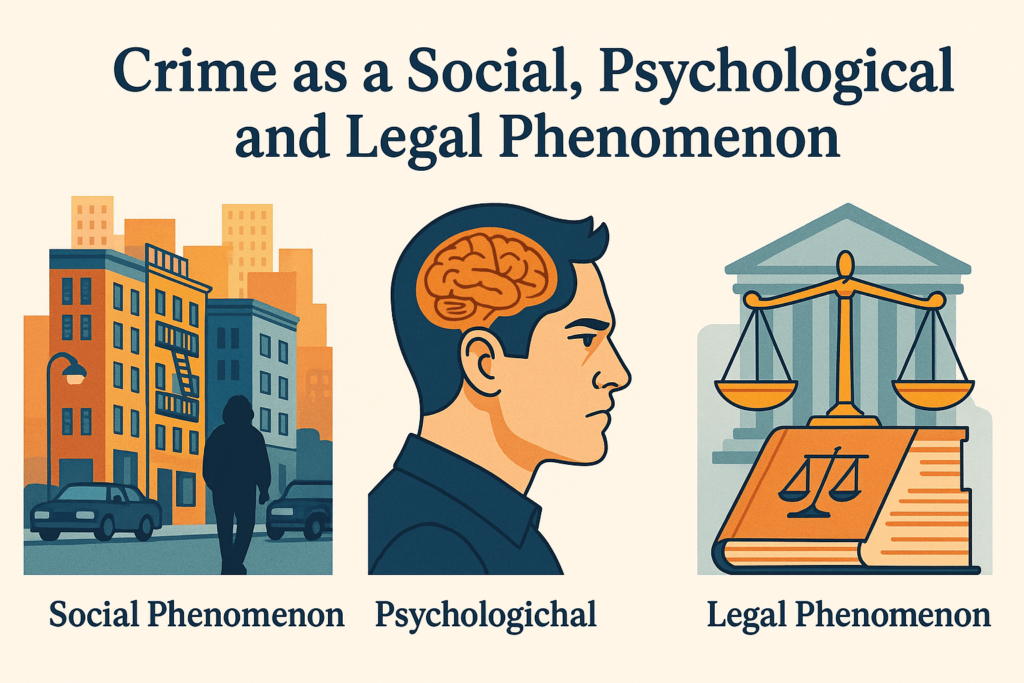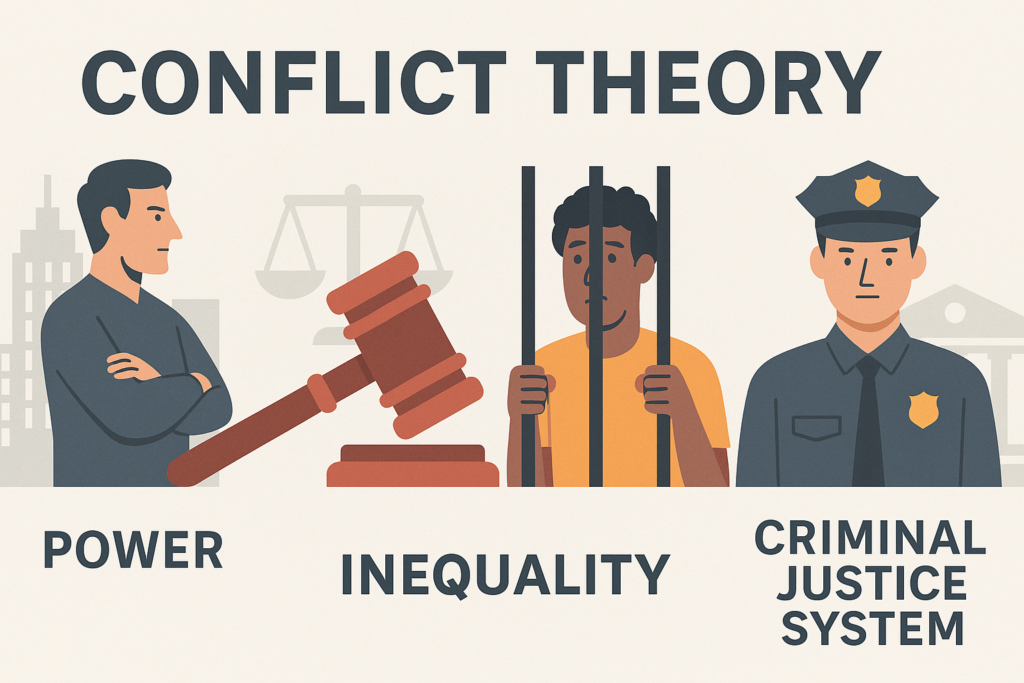Scientific Methods for Studying Crime
1. Introduction: A Shift in Understanding Criminal Behavior For decades, criminologists have sought to answer a fundamental question: Why do people commit crimes? Early explanations often focused on biological determinism or the idea that criminal behavior stems from innate traits or physical abnormalities. The Classical School, with figures like Cesare…



